
Exciting new series on “Voice, Body and Movement for Lawyers – How to connect with the jury and find Justice Through Dramatic Technique!”
Click here to find out more
In this session our speaker, Justin Brooks, will discuss the causes of wrongful conviction based on his three decades of experience freeing innocent people from prison. He will discuss the problems with identification procedures, confessions, and bad science, among other topics. You will hear about specific cases from the 40 cases where he has freed innocent people from prison and the legal processes, he used to accomplish that goal.
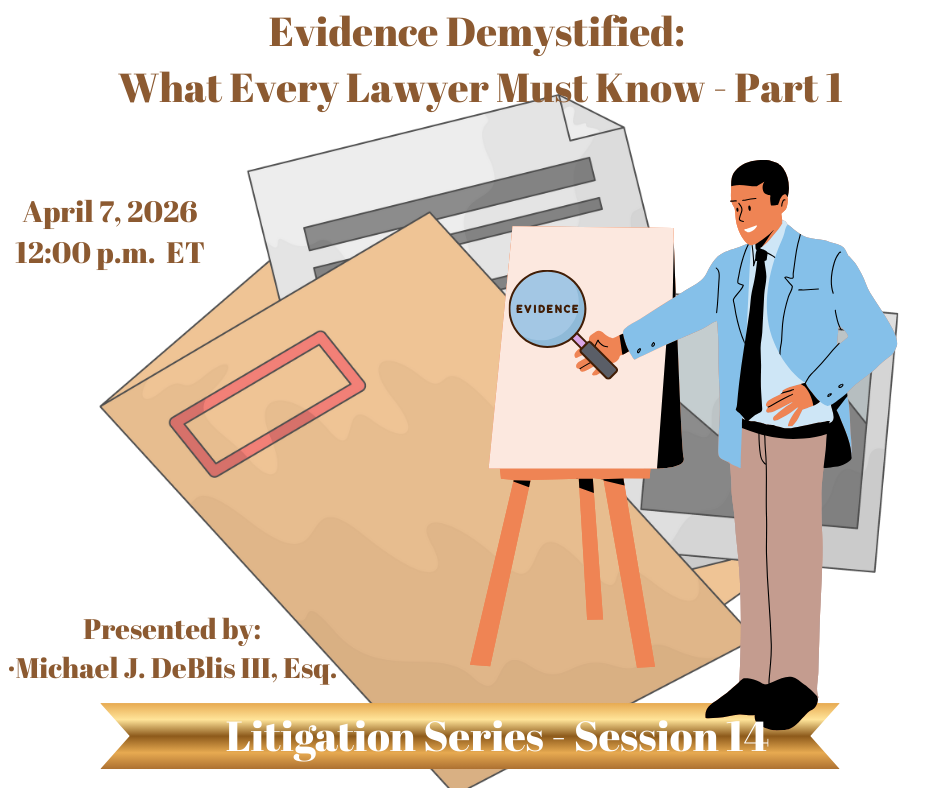
Evidence Demystified Part 1 introduces core evidentiary principles, including relevance, admissibili...
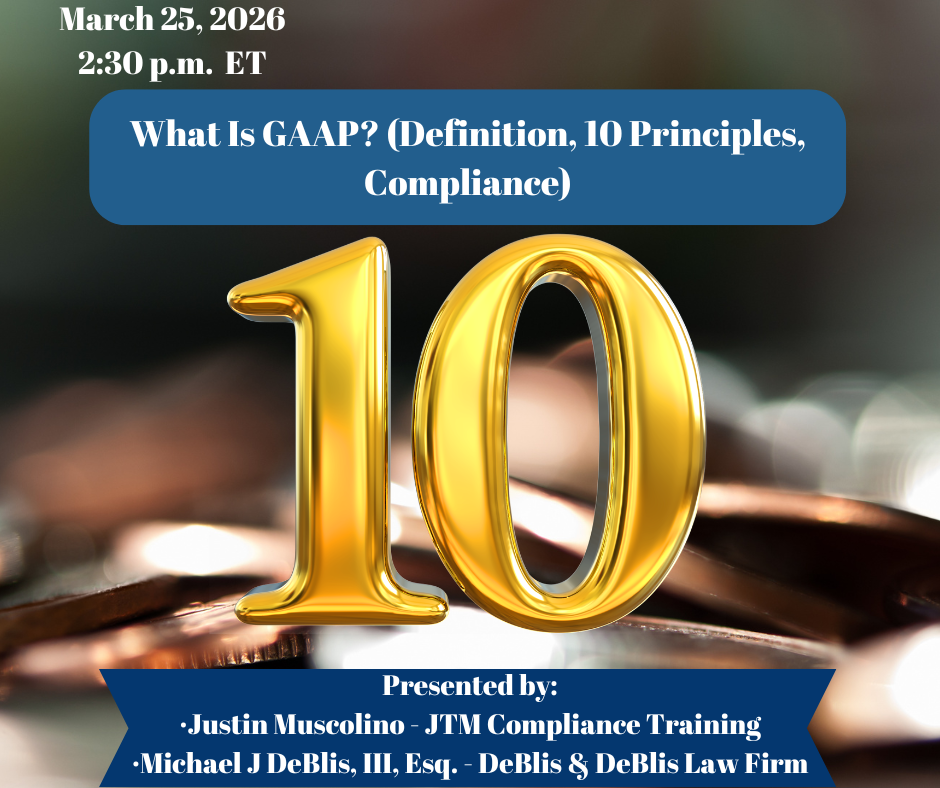
This course breaks down GAAP’s ten foundational principles and explores their compliance impli...
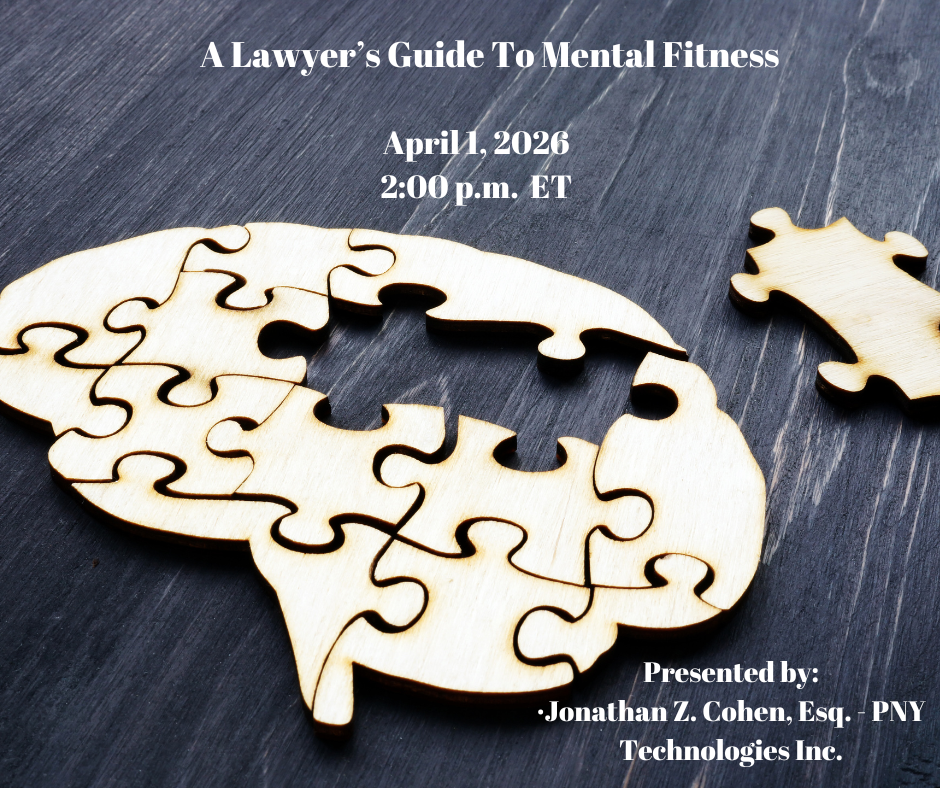
‘A Lawyer’s Guide To Mental Fitness’ is a seminar designed to equip professionals ...
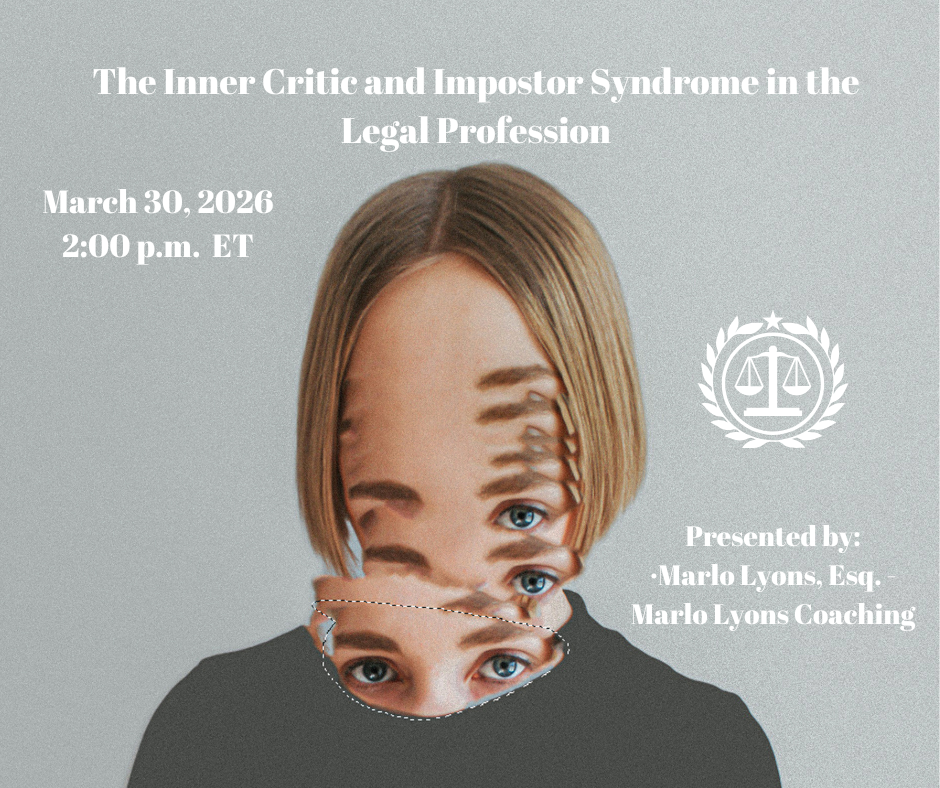
In high-stakes, high-pressure environments like the legal field, even the most accomplished professi...
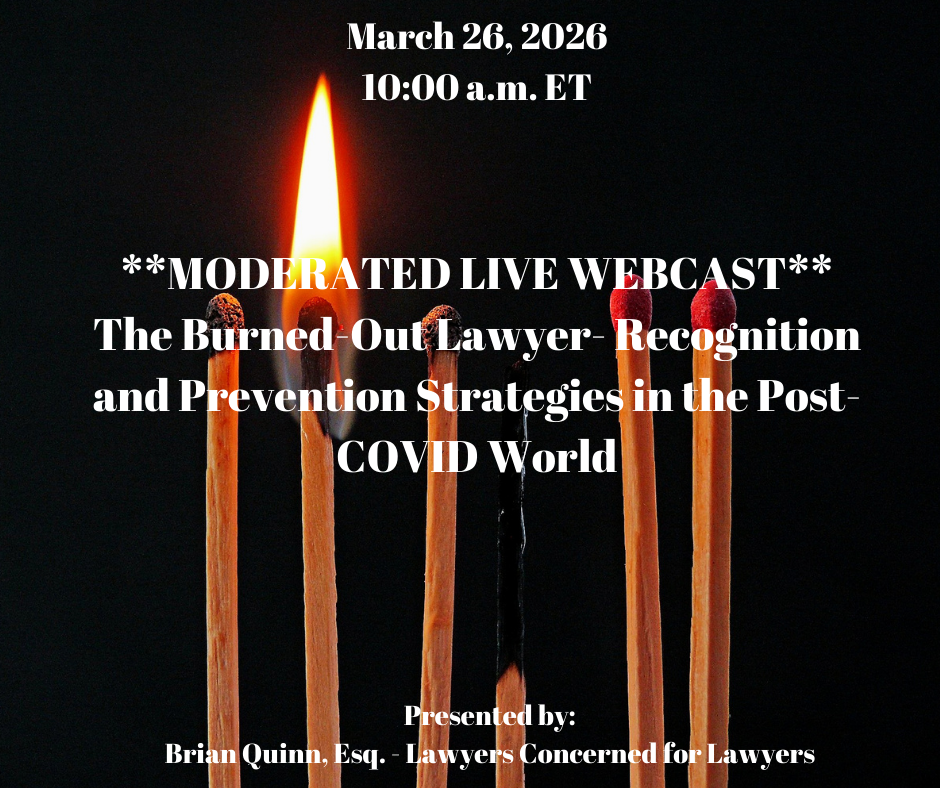
If there is one word we heard during our journey through the pandemic and continue to hear more than...

This companion program to Part 1 goes deeper into the rhetorical power of Shakespeare, emphasizing h...
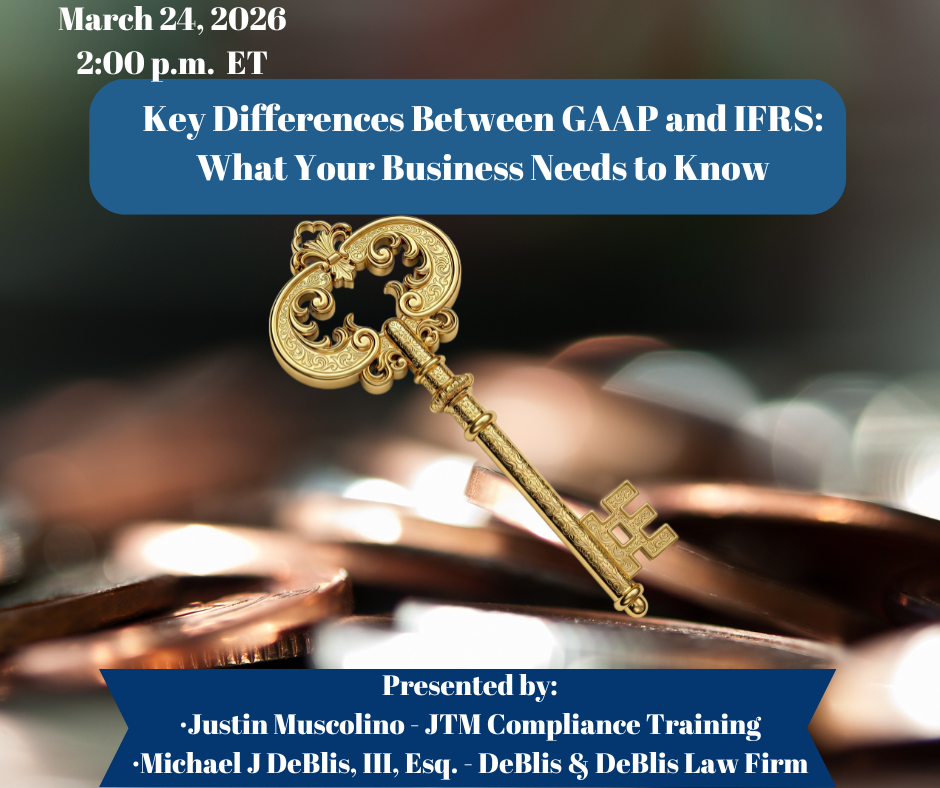
This session highlights the legal and compliance implications of divergences between GAAP and IFRS. ...
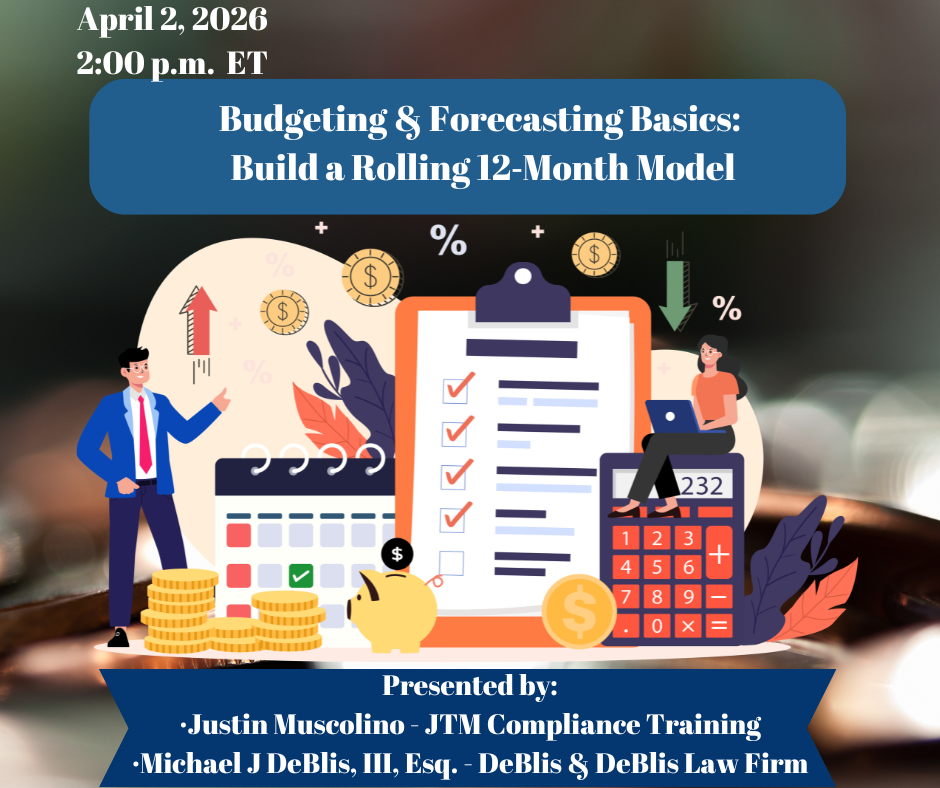
This CLE session introduces attorneys to budgeting and forecasting concepts used in corporate planni...
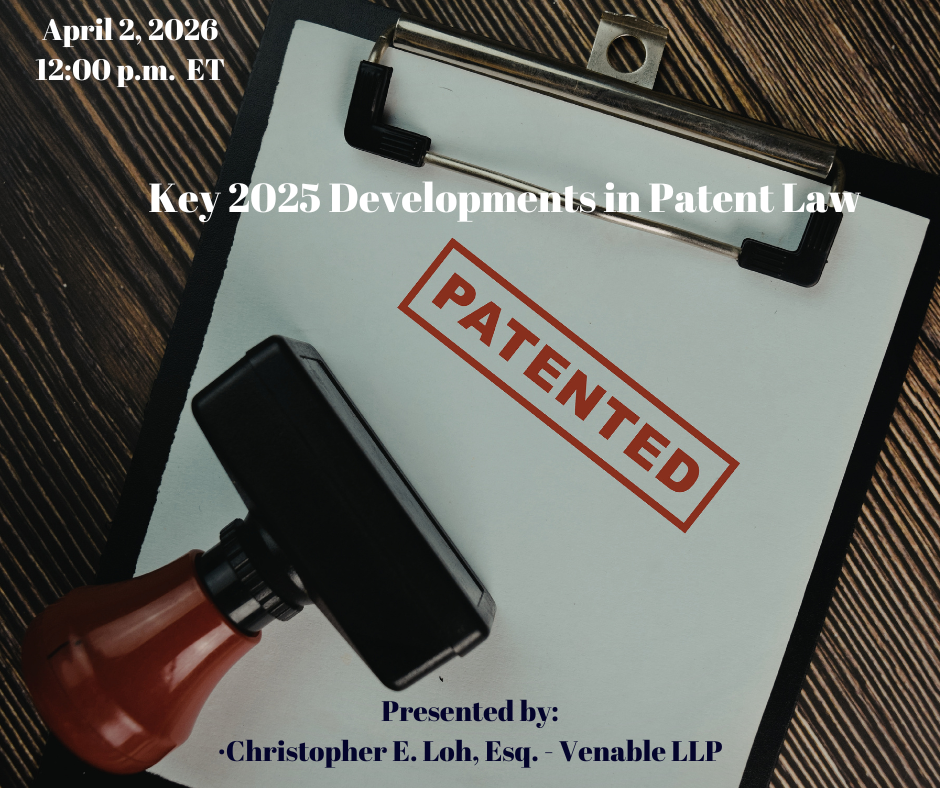
United States patent law and the United States Patent and Trademark Office’s patent-related gu...
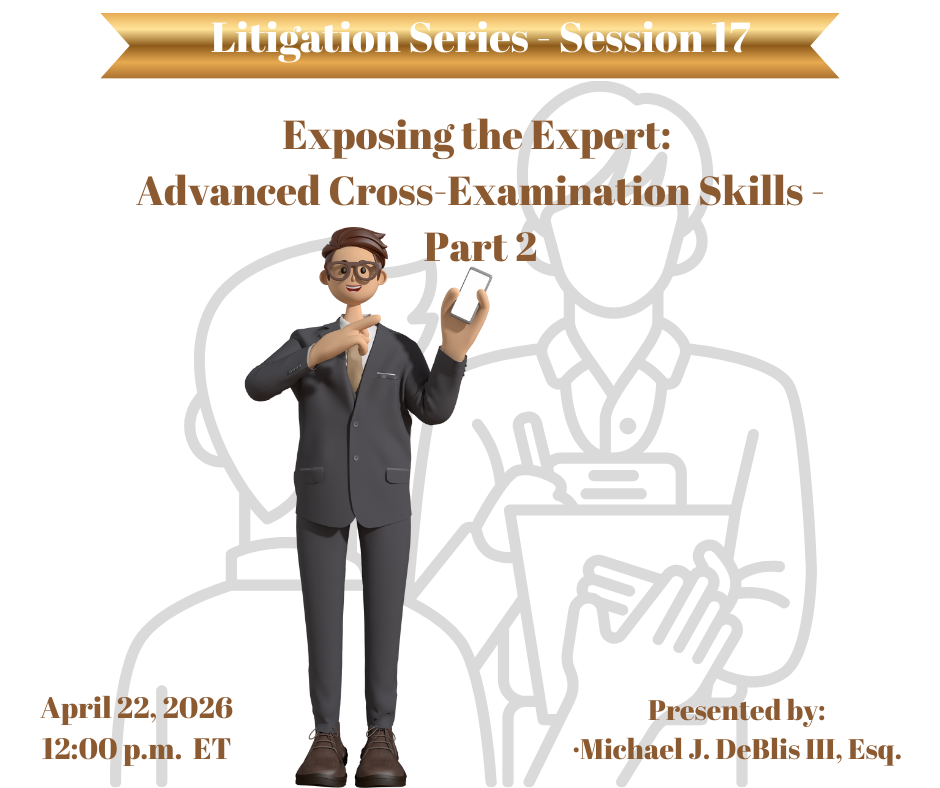
Part 2 - This program will continue the discussion from Part 1 focusing specifically on cross?examin...